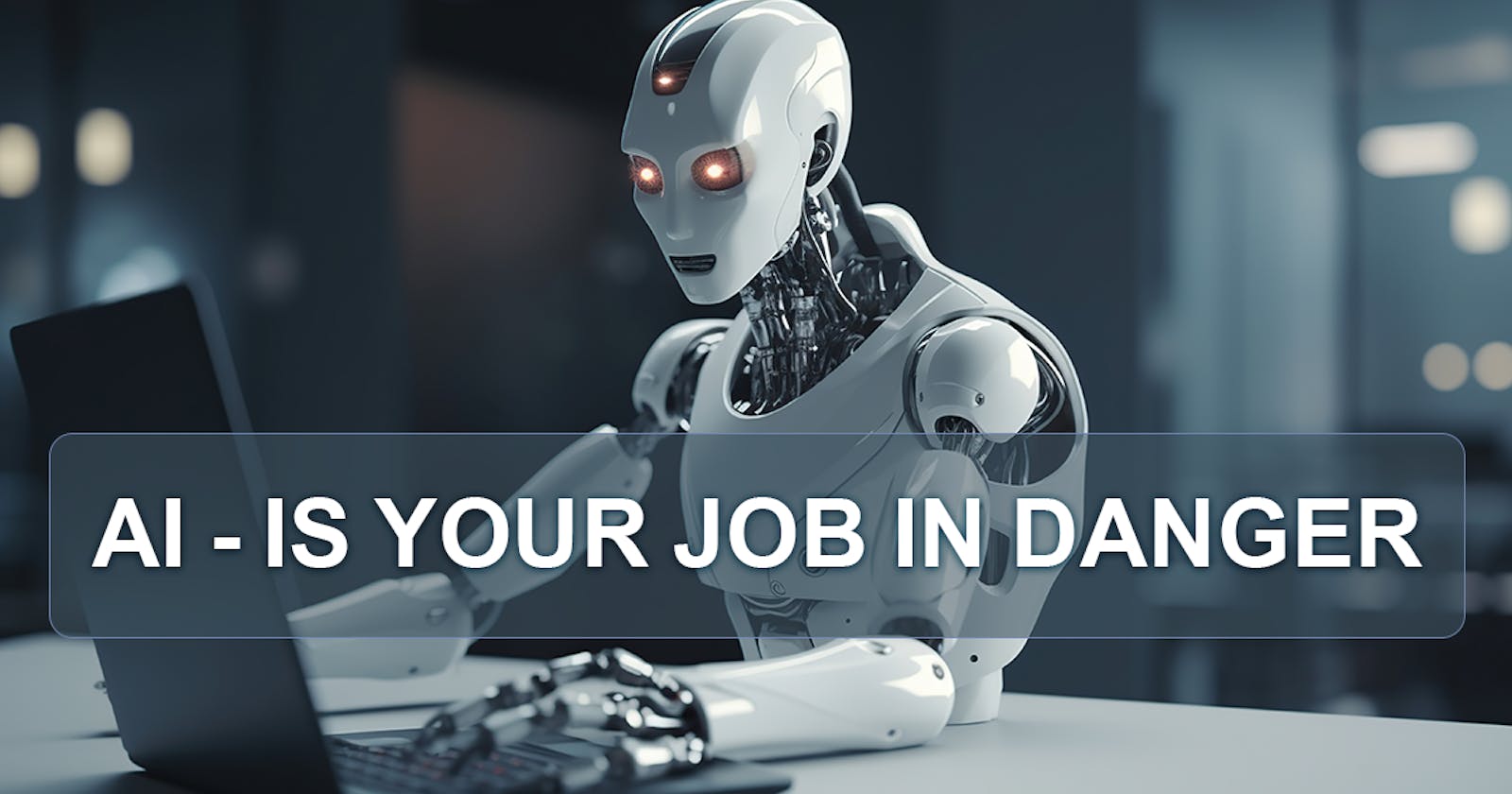The rise of artificial intelligence (AI) has sparked a familiar fear: are robots coming for our jobs? While automation has reshaped the workforce for centuries, AI's potential seems both exciting and unsettling. So, will AI lead to mass unemployment, or will it actually create new opportunities? Let's dive into the robot revolution, separating fact from fiction.
The Automation Argument:
It's true, AI excels at repetitive tasks. Tasks once requiring human hands, like factory assembly or data entry, are increasingly handled by AI systems. This can lead to job losses in sectors reliant on such routines.
But hold on, it's not just about replacing the simple stuff. AI is making inroads into more complex roles, from analyzing financial data to composing music. Even healthcare and legal fields face potential AI disruption. This paints a scary picture, right?
The Opportunity Flipside:
However, it's crucial to remember that AI also creates jobs. New industries and roles emerge around developing, managing, and collaborating with AI systems. Jobs requiring creativity, critical thinking, and social intelligence become even more valuable. Think data scientists, cybersecurity experts, and specialists in human-AI interaction.
The Human-AI Tango:
The future of work likely won't be about humans vs. robots, but humans with robots. AI will augment our capabilities, freeing us from tedious tasks and allowing us to focus on higher-level skills. Imagine doctors using AI diagnostics to spend more time with patients, or teachers utilizing AI-powered personalized learning platforms to tailor education to individual students.
The Skills Shuffle:
This doesn't mean everyone's on a guaranteed upskilling express. The transition will require adaptation and continuous learning. Workers whose skills become obsolete need support to acquire new ones relevant to the AI-powered future. Governments and educational institutions have a crucial role in facilitating this reskilling revolution.
So, are robots coming for our jobs? Not exactly. They're more like dance partners, changing the rhythm of work but not eliminating it entirely. The key is to embrace the change, develop the skills for the new dance, and remember that while AI can automate tasks, it can't replicate the uniquely human qualities that bring creativity, empathy, and adaptability to the workforce.
The future of work with AI is a collaboration, not a competition. Let's learn the new steps, move together, and create a future where humans and robots tango towards a more fulfilling and productive world.
